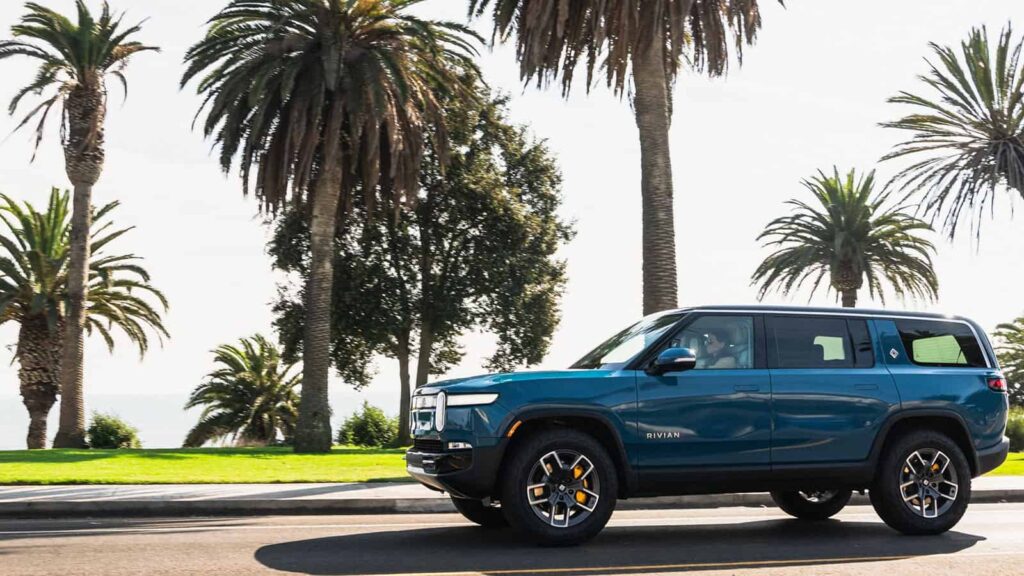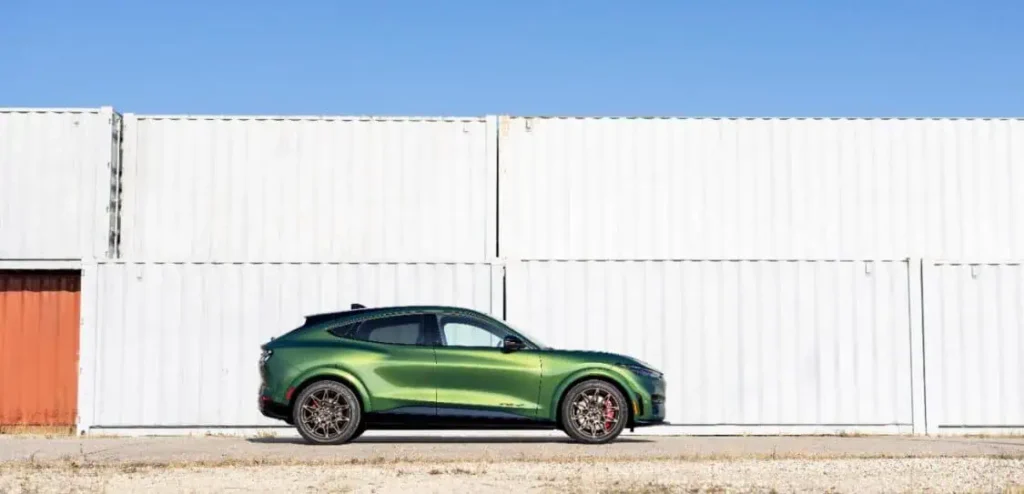U.S. Relaxes Rules for Federal EV Tax Credit — Who Benefits?
On May 3, 2024, the U.S. government loosened rules regarding the federal EV tax credit, which would reimburse EV buyers up to $7,500. Analysts believe this will increase the number of electric vehicles that are eligible for the credits, which would greatly help move EV adoption forward in America.
The credits range from $3,750 to $7,500 for new EVs, depending on how much of the vehicle and its battery are produced domestically. A $4,000 used EV tax credit is making EV adoption easier for used EV buyers, alongside recent drastic drops in used EV prices.
The Treasury Department announced final EV battery rules for the credits, as reported by the Associated Press. The electric vehicle tax credit is a part of the Inflation Reduction Act, passed in 2022.

Qualifying for the credits is complex. Qualifications for the credits depend on the buyer’s income, the prices of the vehicles, and more. For buyers to receive the credits, EVs must first be assembled in North America.
After that, then the buyer needs to understand how their income impacts the amount of their credit. The EV tax credit income limit is as follows:
- Single or married filing separately: $150,000
- Head of household: $225,000
- Married filing jointly: $300,000
In January, we reported about cars that qualify for the EV tax credit.
Foreign Entities of Concern Restriction Changed
Complex credit rules are being phased in to promote the development of a domestic electric vehicle supply chain. The rules are meant to prevent “foreign entities of concern” considered hostile to the United States, including China, Russia, North Korea, and Iran, from benefiting financially from sales of EVs in the U.S.
The final rules state that small amounts of graphite and other critical minerals used in the EV battery-making process would be exempt from the “foreign entities of concern” restriction until 2027. Officials gave the reason for relaxing the rules, which is that the country of origin for these materials is nearly impossible to trace at present.
In 2024, half of the critical materials contained in the battery of an electric vehicle must be mined or processed in the U.S. or in a country covered under a free trade agreement to qualify for the credits. As another requirement of the credits, 60% of the parts of each battery must be made or assembled in North America.
Beginning in 2025, under the previous rules, batteries would not be eligible for any EV tax credit if the batteries contained any critical minerals from foreign entities of concern. Treasury officials decided to loosen that restriction, likely making more EVs eligible for the credits, as only a small number of EV models currently qualify due to the current restrictions.
The rule change “makes good sense for investment, job creation, and consumer EV adoption,” said John Bozzella, CEO of the Alliance for Automotive Innovation, an automotive industry trade group. The group said that only 13 EV models currently sold in the U.S. qualify for the full $7,500 credit out of a total of 114 EV models currently available for sale in 2024.

Critics Say China Will Gain From Relaxed Rules
The National Mining Association, Democratic West Virginia Senator Joe Manchin, and others criticized the new rules, saying the rule change financially benefits China.
U.S.-Chinese Relations Worsening
CBS News reported that in April, President Biden signed into law a foreign aid package including tens of billions of dollars in assistance to Ukraine, Israel, and Taiwan. China is determined to annex Taiwan and is prepared to use force if necessary.
The End Chinese Dominance of Electric Vehicles in America Act of 2024
In April, the End Chinese Dominance of Electric Vehicles in America Act of 2024 was introduced by Congresswoman Carol Miller (R-WV). The proposed legislation is meant to close a “Billionaire Loophole” and “Chinese Manufacturing Loophole.”
Mexico Urged to Resist Chinese EV Investment by U.S. Government
In April, Reuters reported that Mexico’s federal government was pressured by the U.S. government to discourage Chinese investment in producing EVs in Mexico. As a result, Mexico is refusing to offer incentives to China for investment in Chinese EV production in Mexico.

Was Relaxing the Rules a Wise Decision?
Supporters of tighter rules on the EV tax credit and the current trade barriers preventing Chinese EVs from entering the American market say both restrictions protect U.S.-based OEMs, the U.S. economy, and American jobs from unfair Chinese competition.
Supporters of loosening the EV tax credit rules say that — while protecting the American economy, OEMs, and jobs are important — it is also important to make EV adoption easier by allowing more models to qualify for the credit. Greater EV adoption in the U.S. will not only benefit the global fight against climate change, but will also benefit the U.S.-based OEMs selling EVS such as Ford, GM and others.

Electric Vehicle Marketing Consultant, Writer and Editor. Publisher EVinfo.net.
Services